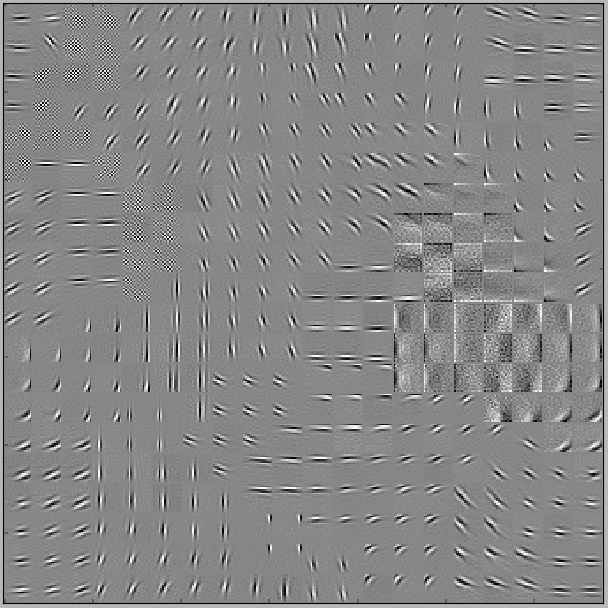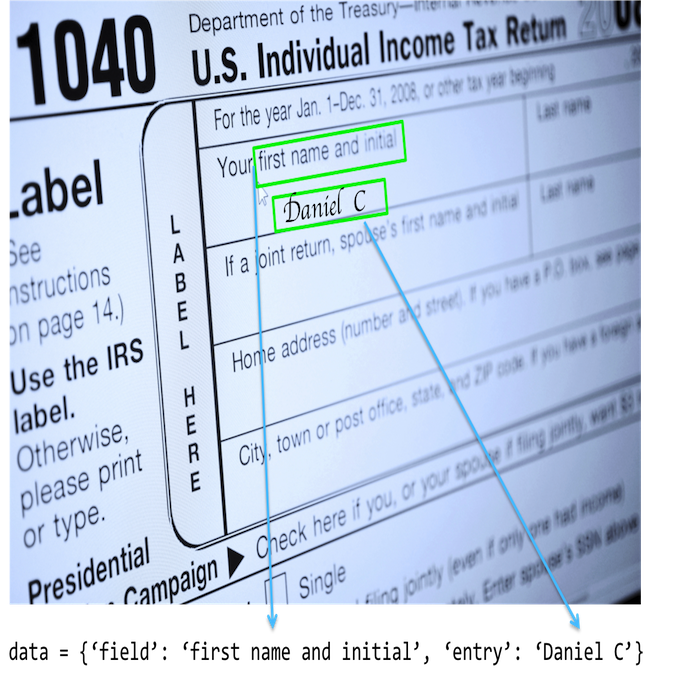
William Hahn
William Edward Hahn co-founded the Machine Perception and Cognitive Robotics Laboratory in 2014 with the purpose of building a team of creative scientists, programmers, and engineers to research perception, computation, and robotics. His PhD thesis explores the intersection of computational neuroscience, non-linear signal processing, and computer vision.
Website
Machine Learning and Cognitive Robotics




